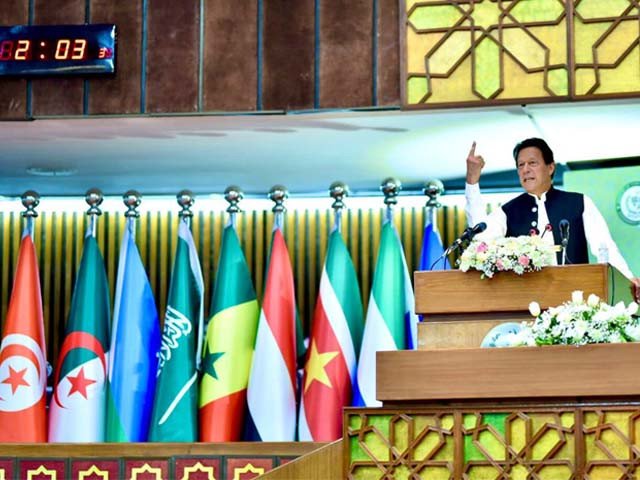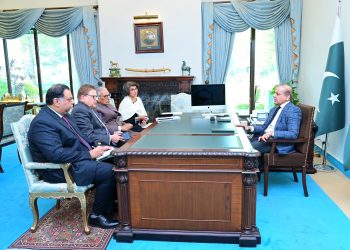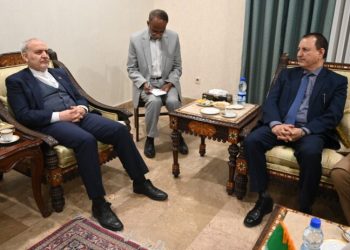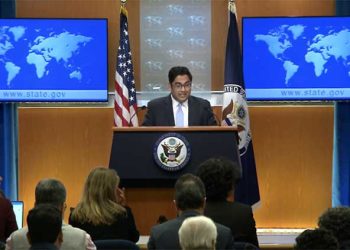The member states of the Organisation of Islamic Cooperation (OIC) signed a charter in 1969 aiming for peace, solidarity and mutual economic development. One premium objective of the charter is the commitment of the states to following ‘International Law.’ The charter also profoundly adopts the fundamental freedoms, human rights and good governance for development as the core of the international policy system and organisational structure. Although criticised, another landmark development under the OIC system was the Cairo Declaration on Human Rights in Islam, which complements the Declaration on Human Rights and other United Nations (UN) human rights instruments.
Furthermore, the Astana Declaration as policy guidance for investment in science, technology, education and development is significant for the effective implementation of sustainable development goals or the development agenda of 2030. As the OIC is the second largest intergovernmental organisation after the UN, it was expected that it would be safeguarding Muslim rights and interests in the global policy system.
However, the charter governing the 1.8 billion in the contemporary era of globalisation is still seeking an effective implementation plan because most of the developing and underdeveloped Muslim states are equipped with poor governance and mismanaged structures. The objectivity of the OIC in the developmental agenda counters the hegemony and individualistic approaches. As members of the OIC are currently meeting in Islamabad, it is worth considering what the OIC should aim to achieve over the coming years.


















